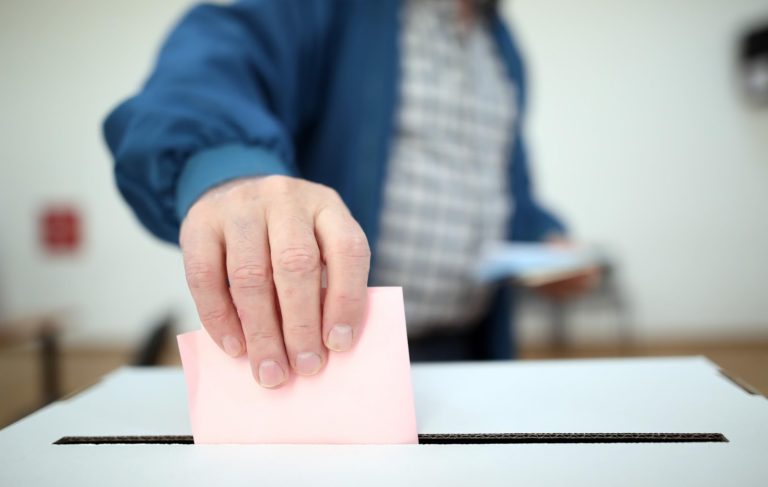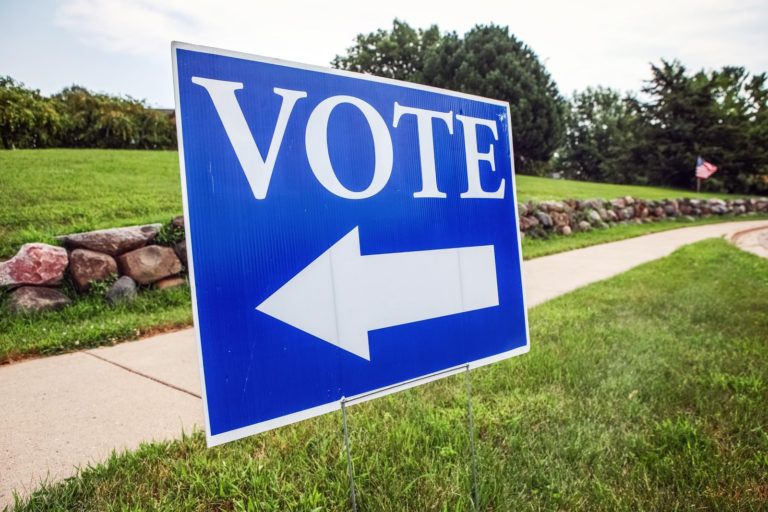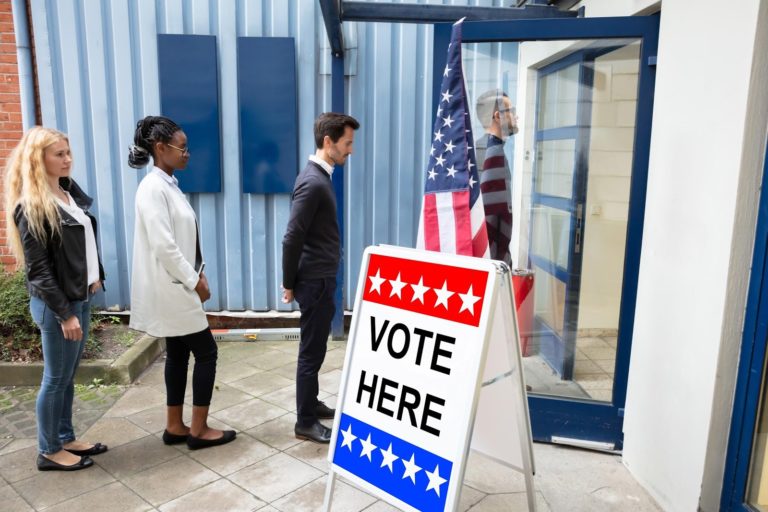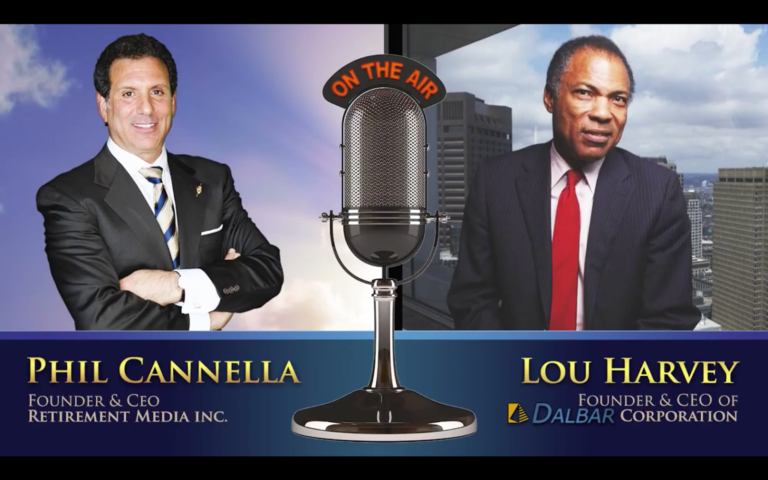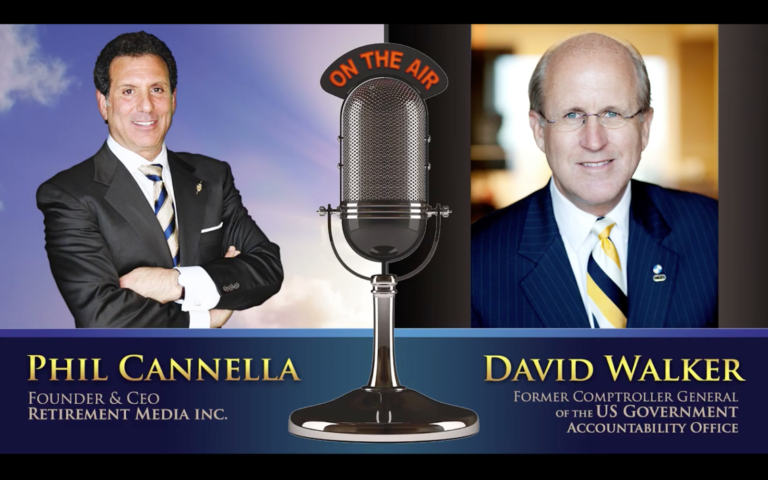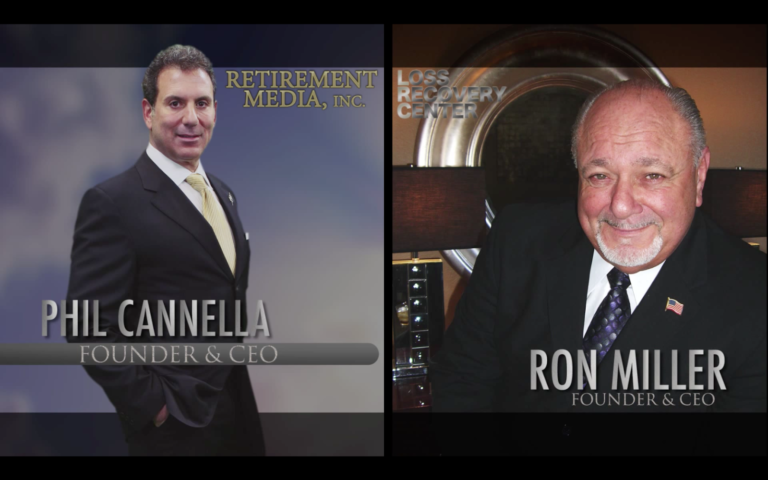What is being called a miraculous comeback by former Vice President Joe Biden was capped off with huge upset victories in 10 of the 14 Super Tuesday States. While sweeping the southern states, Biden stole victories from Vermont Senator Bernie Sanders in Maine, Massachusetts, Minnesota, Texas, and Virginia.
During the February primaries, the Biden campaign struggled to gain traction until bouncing back in South Carolina. His performance in the Palmetto State propelled him to the top of the delegate count as the polls closed on Super Tuesday. Biden has officially rejuvenated his campaign and looks to be a contender to secure the nomination to face President Trump in November.
Since the South Carolina primary, four candidates dropped out of the race and threw their support behind the former vice president. Tom Steyer, Pete Buttigieg, Senator Amy Klobuchar, and Beto O’Rourke publicly announced their support of Biden’s efforts on the eve of the Super Tuesday matchups, ultimately providing one last boost before voters went to the polls.
| Biden Victories | ||||
| Alabama | Arkansas | Maine | Massachusetts | Minnesota |
| North Carolina | Oklahoma | Tennessee | Texas | Virginia |
| Sanders Victories | ||||
| California | Colorado | Utah | Vermont |
Bernie Sanders had a disappointing Super Tuesday despite winning California, which allocates the largest number of delegates in the democratic primary. Sanders was leading in the polls in Massachusetts, Oklahoma, Texas, Virginia, and was leading Joe Biden in Minnesota before Amy Klobuchar dropped out of the race, but failed to win any of the states. Senator Elizabeth Warren lost her home state of Oklahoma as well as coming in third in Massachusetts – Warren is one of the sitting Senators from the state of Massachusetts.
Former New York City Mayor Michael Bloomberg saw his name on the ballot for the first time in the democratic primary after skipping the first four primaries. Despite spending more than $500 million, Bloomberg is only projected to win 66 of the 1,344 delegates at stake. Bloomberg did win the Pacific Island territory American Samoa for a total of 4 delegates. Following his poor performance, Bloomberg announced Wednesday morning that he was suspending his campaign and endorsing front runner, Joe Biden. Warren also announced her campaign was suspending their efforts, but declined to endorse any of the remaining candidates.
Only three candidates remain in the democratic primary, despite Joe Biden and Bernie Sanders being the only two with a viable path to the nomination. Congresswoman Tulsi Gabbard has remained in the race while only winning 2 delegates from American Samoa. Gabbard plans on staying in the race, while fighting with the Democratic National Committee to let her onto the debate stage prior to the next round of primaries.
With Super Tuesday in the rear-view, another group of states, including Michigan will hold primaries on March 10th. Although several states are still tallying results from Super Tuesday, Joe Biden is projected to be the new democratic front runner leading up to these primaries. California, Colorado, Tennessee, and Utah have yet to allocate all of their states delegates. Based on current results, Joe Biden is forecasted to have 701 pledged delegates and a majority of the popular vote with 39.1%. Sanders is projected to trail Biden by a small margin with 622 pledged delegates. The results below are subject to change when the official delegate count is certified.
| Candidate | Projected Delegates | Total Vote Count | Percentage | Projected Super Tuesday Delegates |
| Joe Biden | 701 | 4,920,001 | 39.1% | +646 |
| Bernie Sanders | 622 | 4,023,945 | 32.0% | +562 |
| Elizabeth Warren | 75 | 1,799,289 | 14.3% | +67 |
| Michael Bloomberg | 66 | 1,726,438 | 13.7% | +67 |
| Tulsi Gabbard | 2 | 101,715 | 0.8% | +2 |
After a stunning comeback to the front of the democratic field, Biden needs 1,290 more pledged delegates to win the democratic nomination based on current projections. While the primary season for the democratic party may last through the month of June, Biden and his campaign have recaptured a viable path to secure the nomination ahead of Bernie Sanders. Before Tuesday’s events, talks of a contested convention filled the media airwaves along with worries of Sanders becoming the nominee. With Biden’s resurgence, these fears have been put to rest for the time being as the two candidates look to battle it out for the remainder of the democratic primary to see who will face President Trump in the general election.
| Candidate | Total Delegates | Total Vote Count | Percentage | Super Tuesday Delegates |
| Donald J. Trump* | 871 | 7,062,000 | 97.5% | +785 |
| Bill Weld | 1 | 179,646 | 2.5% | +0 |
President Trump moved closer to the 1,276 delegates needed to win the republican nomination as he won all 13 Super Tuesday states defeating challenger Bill Weld. Trump picked up 785 delegates en route to a grand total of 871 in the republican primary. The republican party will also hold primaries on March 10th with 271 delegates at stake.




